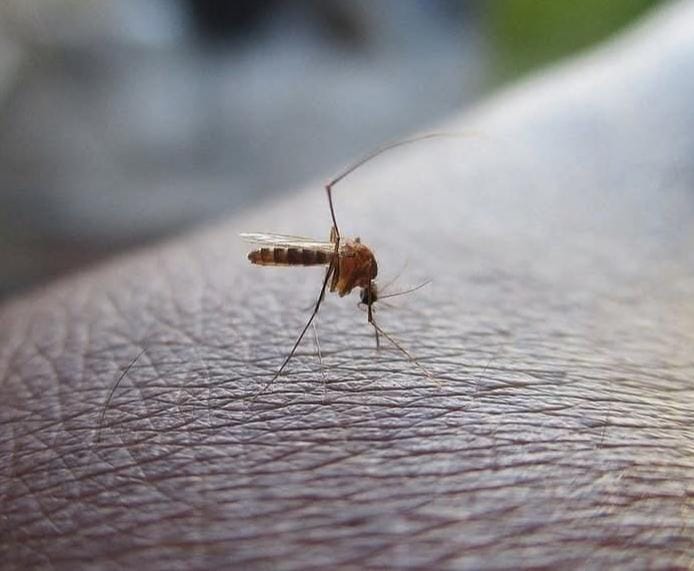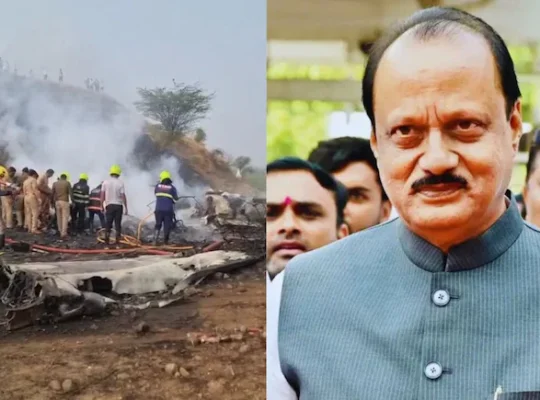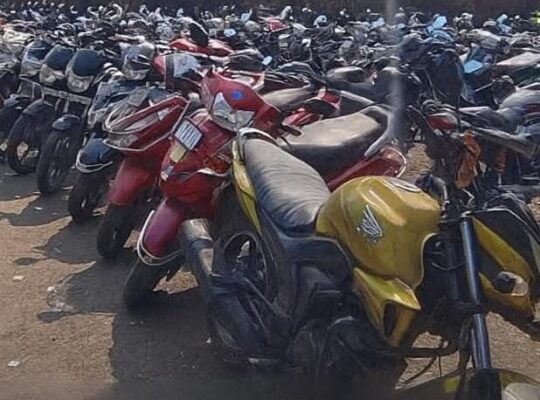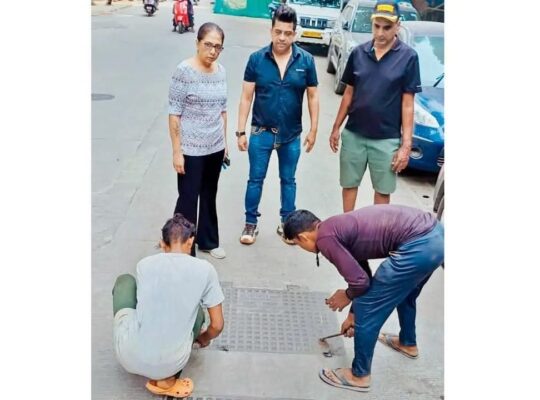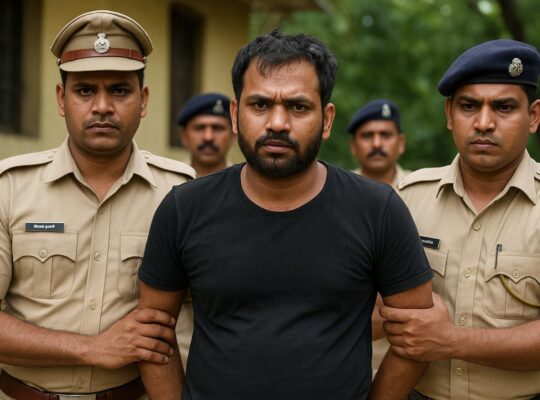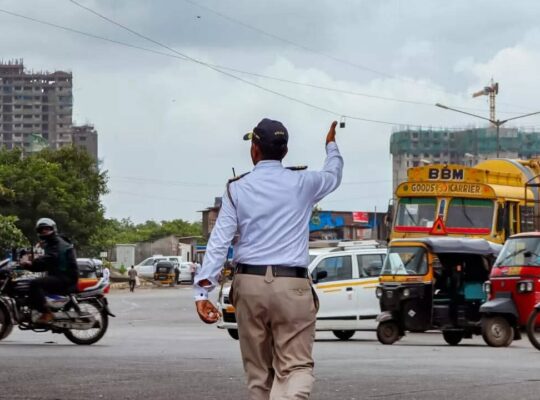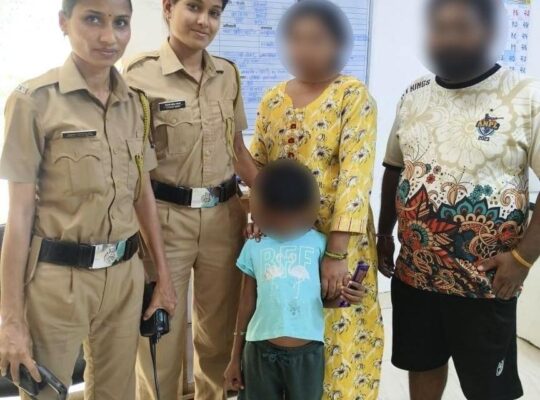Mumbai:- The early arrival of the monsoon in May 2025 has ushered in not just welcome relief from the summer heat but also a wave of health concerns, as vector- and water-borne diseases show alarming spikes across Mumbai. Official data released for the January-to-June period reveals a 39% surge in malaria cases compared to last year, alongside a dramatic increase in chikungunya infections—raising red flags for health authorities and residents alike.
Malaria cases have risen from 2,055 in the same period last year to 2,857 this year. Even more concerning is the explosion in chikungunya cases—from just 21 in 2024 to 136 in 2025—indicating the virus’s renewed foothold in the city’s densely populated areas.
While dengue cases rose modestly from 431 to 452, other illnesses linked to poor sanitation and stagnant water followed suit. Gastroenteritis cases climbed from 4,200 to 4,513, while hepatitis infections jumped from 347 to 437. Notably, leptospirosis—the bacterial infection often triggered by wading through floodwaters—showed a decline, dropping from 140 to 101 cases. Meanwhile, COVID-19 cases fell to 992 from 1,392, offering a sliver of relief amid the broader health scare.
The Brihanmumbai Municipal Corporation (BMC) has intensified surveillance and vector-control efforts. A massive inspection campaign in May and June saw health officials sweep through 3,033 construction sites and collect over 50,000 blood samples, with 30 individuals testing positive for malaria alone. Construction zones continue to be a primary breeding ground for mosquitoes, especially the Anopheles and Aedes species responsible for malaria and chikungunya, respectively.
Civic authorities are now urging builders and site supervisors to comply strictly with hygiene and water stagnation control norms. Simultaneously, public health advisories have been issued across wards, emphasizing early medical consultation, use of mosquito repellents, and ensuring clean drinking water to prevent gastrointestinal infections.
With heavy rains expected to intensify in July, health experts warn the city could see an even sharper rise in cases unless preventive measures are diligently followed. The BMC, for its part, has promised continued door-to-door surveillance, larvicide spraying, and awareness campaigns to counter what could evolve into a full-fledged seasonal health crisis.
For a city that prides itself on resilience, Mumbai now faces yet another monsoon test—not just of its infrastructure, but of its collective health defenses.

